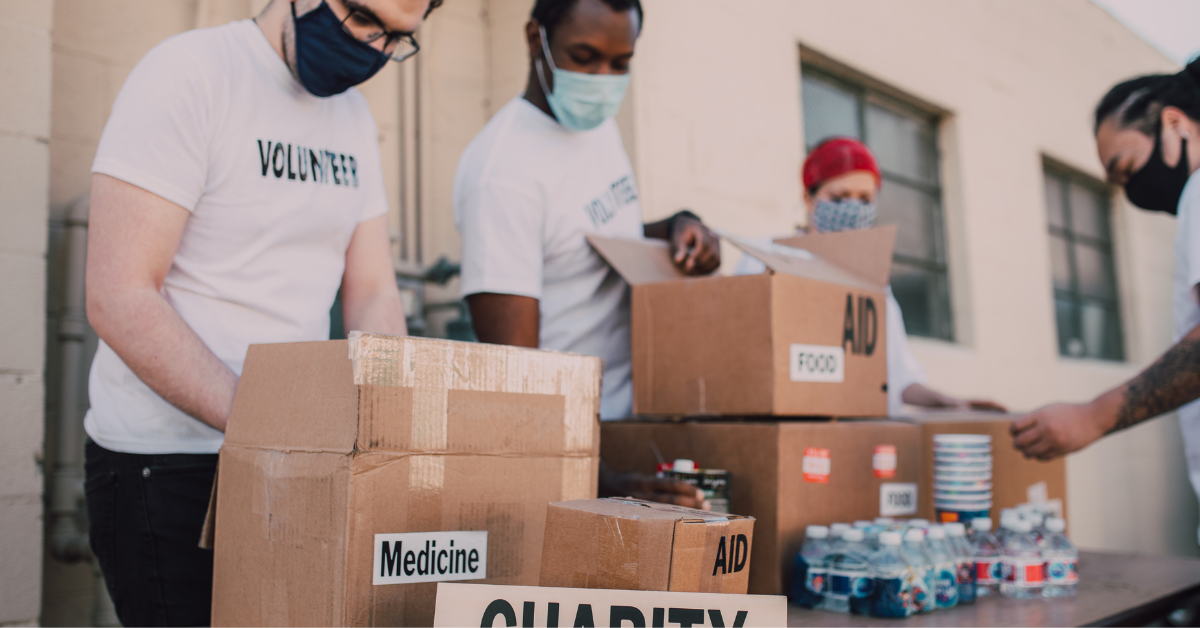 By Ashley Thompson, Managing Director at Blackbaud Institute
By Ashley Thompson, Managing Director at Blackbaud InstituteAs the global COVID-19 situation continues to evolve rapidly, the social good community finds itself navigating an unprecedented landscape. Organizations are grappling with seismic shifts to their programming: major fundraising events have been canceled, service delivery has been altered to adhere to government guidelines while meeting constituents’ new needs, and many teams have had to rethink how they can work and collaborate in an entirely remote environment. Leaders find themselves needing to respond to an overwhelming amount of unexpected change all at once. As organizations adjust to this new normal, here are a few areas they should keep in mind to stay focused:
- Connect with funders and explore relief options.
Organizations should also work with funders to show how their gift continues to be vital during these times. Corporate sponsors, for example, may be reevaluating expenditures in light of the current landscape. Organizations should work directly with their funders to ensure that they know how critical their support is in this time and any implications for the communities the organization serves. The CARES Act also offers several provisions helpful to nonprofits and small businesses. Organizations should review the assistance options and connect with funders on additional support needed. - Communicate with donors.
Donors give because they believe in the organization’s mission and because they believe their gift can make a difference. Organizations should stay focused on communicating the continued value of their mission. By this same token, they shouldn’t be afraid to be transparent with donors about challenges the organization potentially face due to coronavirus. Supporters want to know how the causes they care about are faring. Earnest communication about the challenges organizations will face allows donors to engage and give the support that is needed. - Embrace virtual ways of connecting.
With many in-person gatherings cancelled or on hold, a lot of us are being forced out of our comfort zones with digital marketing and event options. Organizations should embrace this opportunity to maximize their use of social media and digital platforms to stay connected with supporters. If the organization’s doors are shut to the public for the time being, staff should consider how they might be able to deliver some of the same programming through Facebook Live or other online platforms. If an athletic fundraising event has been canceled, they could leverage a fitness app like Strava to run a virtual stairclimbing challenge that asks participants to climb stairs in their own home and adds up participant progress for a climb around the world. Donors are more understanding than ever before that many are new to these platforms. It’s a great opportunity to loosen the reins and welcome people in however the organization can.
For more ideas, organizations can visit Blackbaud’s resources page. While this situation is a challenging one, it can also strengthen the sector as we all commit to staying resourceful and doing what we can. Fortunately, the social good community is already ahead of the game when it comes to doing what we can for the greater good.


